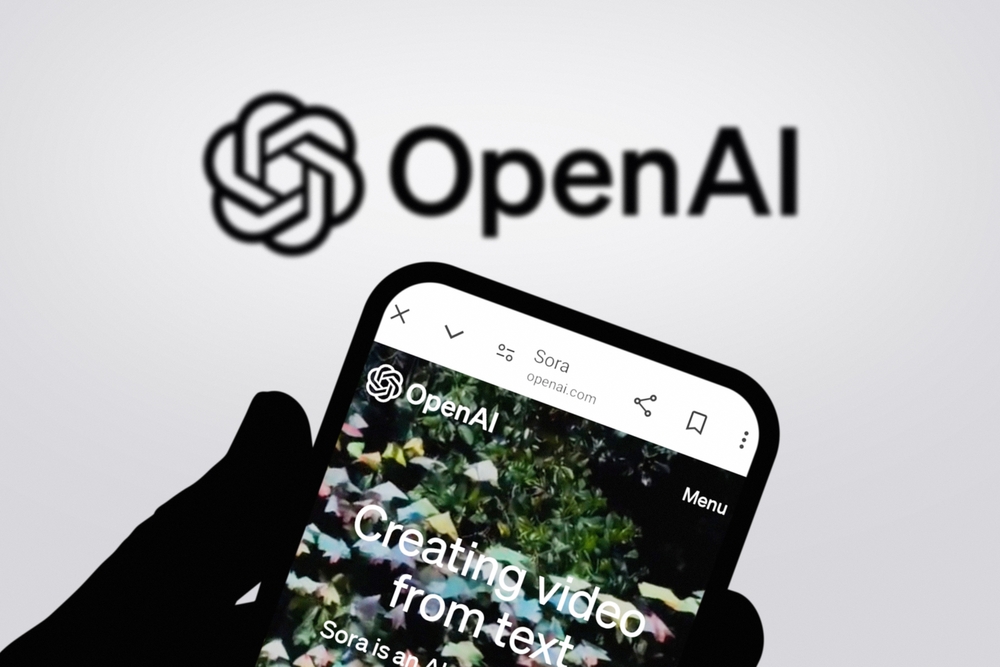Communicating with the AI chatbot ChatGPT in a new voice mode, when its voice is indistinguishable from a human one, can lead to the user becoming addicted to interacting with AI, writes the CNN resource, citing a report from OpenAI.
According to OpenAI, which published a report on the safety of using the Advanced Voice Mode (AVM) for the ChatGPT service, which became available to a small number of ChatGPT Plus subscribers, the voice of the ChatGPT chatbot in AVM mode sounds very realistic. The chatbot reacts in real time, can adjust to interruptions, reproduces sounds that people make during a conversation, for example, chuckles or grunts. It can also judge the emotional state of the interlocutor by the tone of his or her voice.

After OpenAI announced the feature for its multimodal generative AI model GPT-4, it was compared to the AI digital assistant from the 2013 film Her, with whom the main character falls in love.
Potential Impacts on User Behavior and Social Interactions
OpenAI is apparently concerned that the fictional story is close to reality, after observing users who speak to ChatGPT in voice mode, using language that “expresses shared connections” with the chat tool.
As a result, “users can form social relationships with AI, reducing their need for human interaction — potentially benefiting lonely people, but possibly impacting healthy relationships,” OpenAI noted. The report also noted that receiving information from a bot in a voice mode that sounds human may make the user more trusting than it should, given the AI’s propensity to make mistakes.
OpenAI said that users’ voice-only interactions with ChatGPT could also have implications for what is considered normal in social interactions over time, adds NIX Solutions. “Our models are deferential, allowing users to interrupt and ‘take the mic’ at any point, which, while expected in AI, is not the norm in human interactions,” the company said in its report.
However, OpenAI emphasized that it aims to build AI “safely” and plans to continue exploring the potential for users to become “emotionally dependent” on the AI solutions it offers. We’ll keep you updated on any developments in this area as OpenAI continues to study the effects of Advanced Voice Mode on user behavior and social interactions.
